Carrie Danner joined the Great Plains Institute in 2023 and serves as the operations coordinator for the Carbon Management team. In her work, she supports all projects within the program to elevate operations, specifically in the grant making and event planning spaces. Carrie earned a bachelor’s degree from Knox College in environmental studies. Prior to joining GPI, she supported programs at the Conservation Corps of Minnesota & Iowa as their member experience administrator.
Solution Type: Clean Hydrogen
-
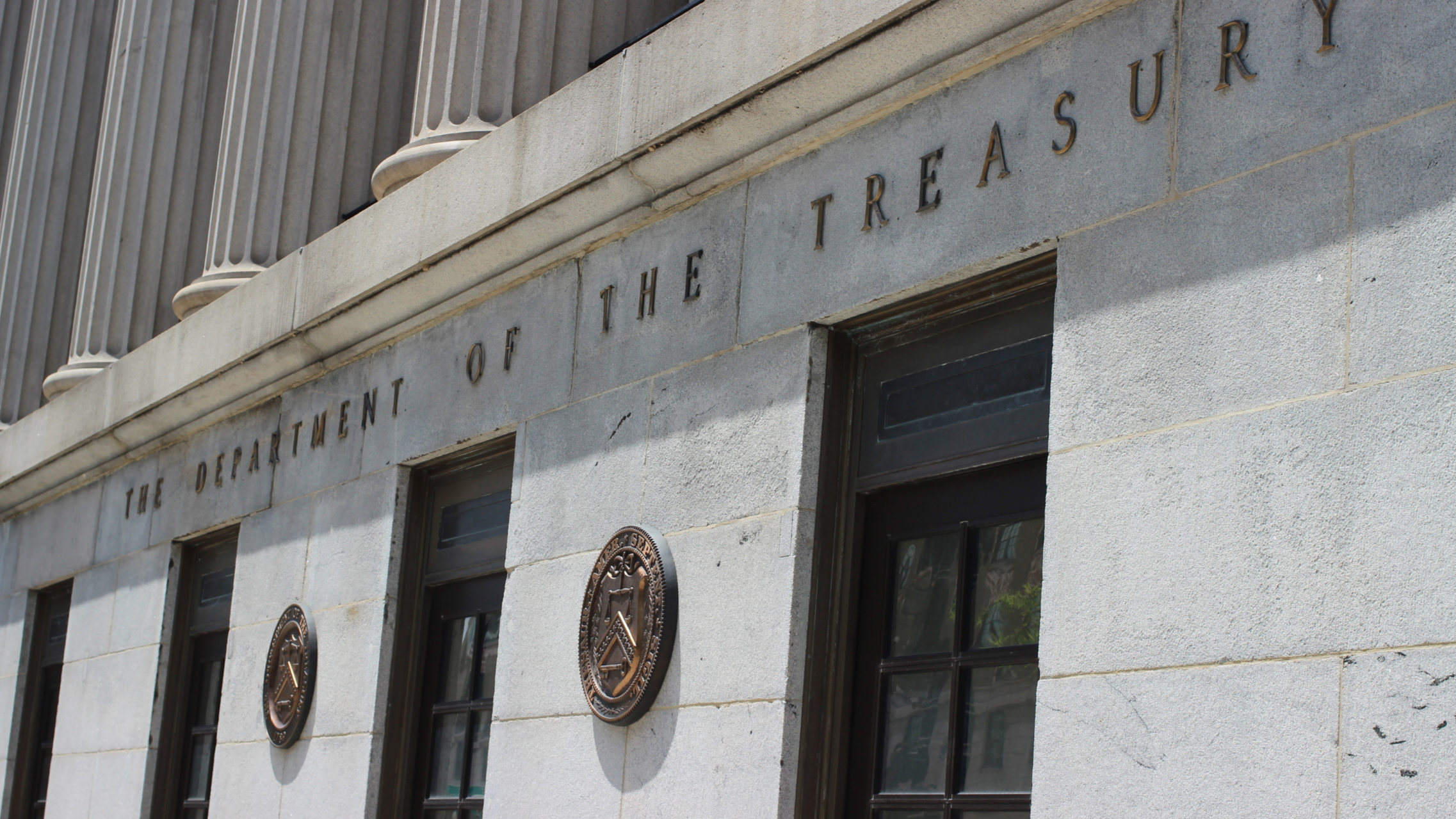
Treasury Department Releases Final 45V Clean Hydrogen Production Tax Credit Rules
On Friday, January 3, 2025, the Treasury Department released the final version of the rules for the 45V Clean Hydrogen Production Tax Credit. The final rules replace the proposed rules issued in 2023 and they were published in the Federal Register on January 10, 2025. I3 and Clean Hydrogen Hydrogen has the potential to be…
-

I3 Responds to 45V Clean Hydrogen Tax Credit
In early 2024, the Initiative convened its members to review the regulations and draft a consensus-based response to DOE’s draft regulations for the 45V Clean Hydrogen tax credit program. In the spring, the Initiative convened again to draft a second consensus-based response to DOE related to the Provisional Emissions Rates portions of the 45V regulations.”
-
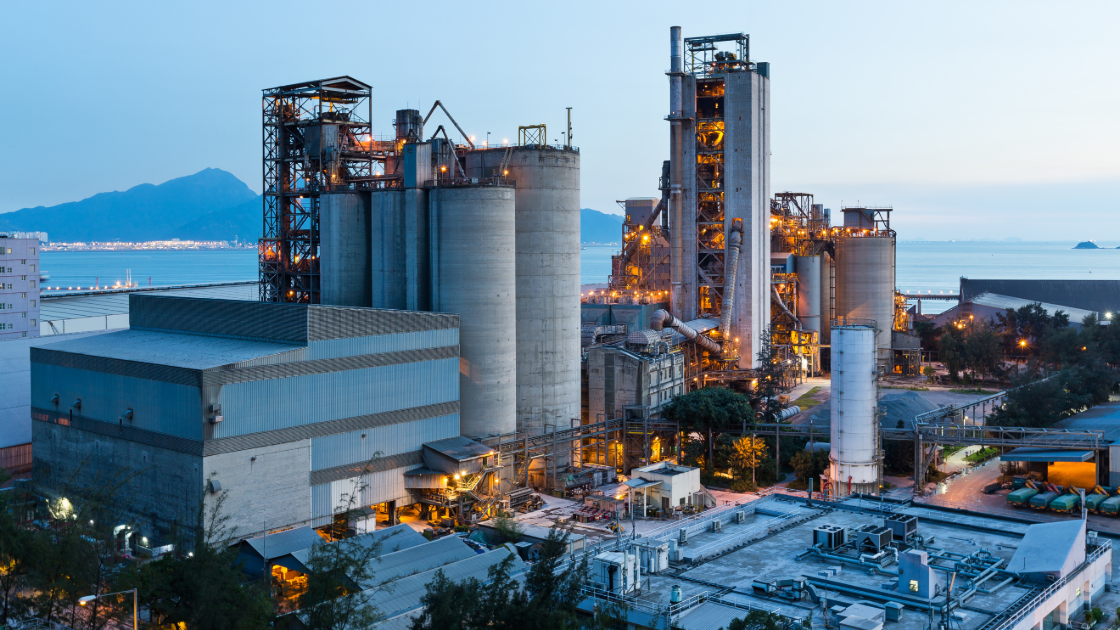
Federal Policy Can Put American Industry On Competitive Path to Net-Zero
FOR IMMEDIATE RELEASEJanuary 30, 2024 **Media Contacts Listed Below** Minneapolis, MN/Washington, DC (January 30, 2024) – A new report from an industry-labor-NGO partnership recommends a suite of policies to Congress and the federal administration that would set the US industrial sector on track to achieve net-zero emissions by midcentury. The 2024 Federal Policy Blueprint…
-
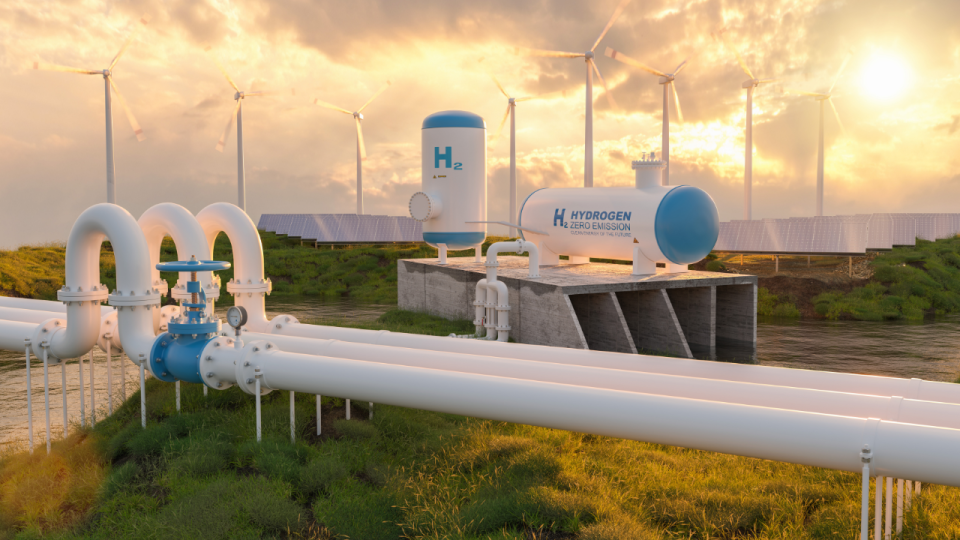
Hubs on the Horizon: Scaling Carbon and Hydrogen Decarbonization Solutions
The Industrial Innovation Initiative (I3) and partners at Clean Air Task Force (CATF), the Bipartisan Policy Center (BPC), and the Information Technology and Innovation Foundation (ITIF), hosted its first in-person convening of participants and industrial decarbonization stakeholders on June 8, 2022, in Washington D.C. The event served as a forum to discuss the latest developments…
-
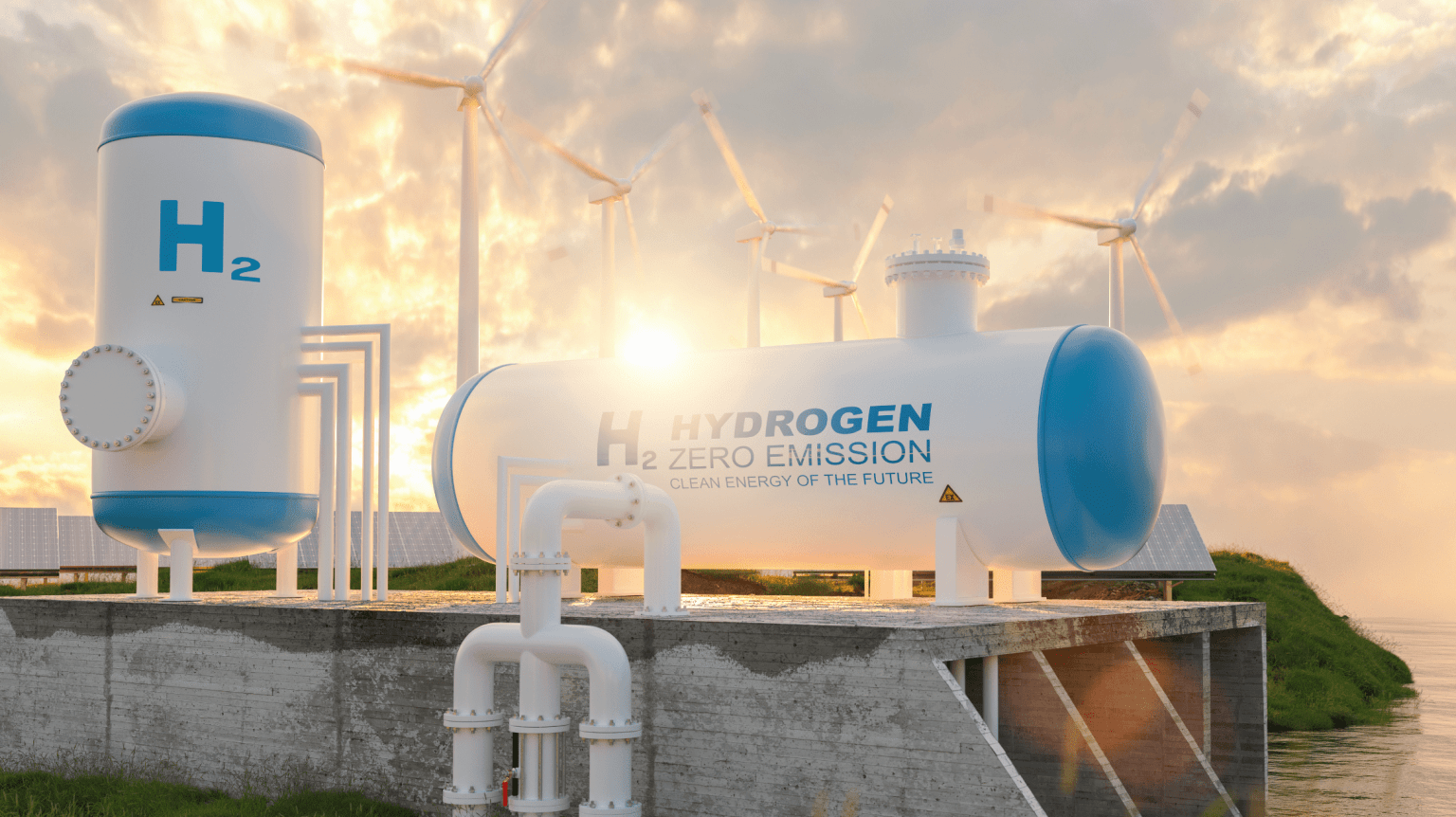
Department of Energy Announces First Round of Hydrogen Hub Awards
The Industrial Innovation Initiative (I3) released the following statement today regarding the Department of Energy’s announcement that seven hydrogen hubs were selected to receive a total of $7 billion under the Bipartisan Infrastructure Law’s Regional Clean Hydrogen Hubs Program. This statement may be attributed to David Soll, Industrial Decarbonization Manager at the Great Plains Institute: “Today’s selection of seven…
-
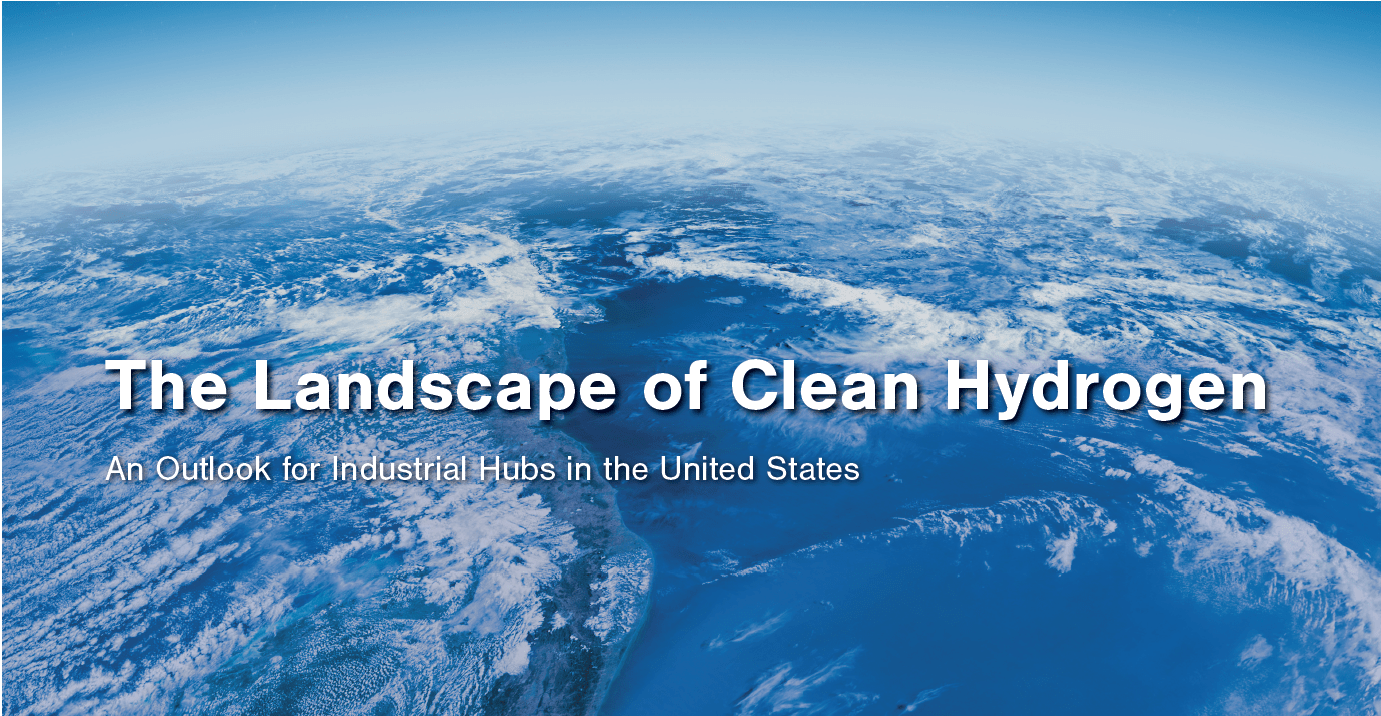
New Report: The Landscape of Clean Hydrogen
Minneapolis, MN/Washington, DC, May 24, 2023 – Clean Hydrogen production must quickly scale beyond the US Department of Energy’s (DOE) initial H2Hubs program locations in order to reach DOE’s clean energy targets over the next three decades, according to The Landscape of Clean Hydrogen: An Outlook for Industrial Hubs in the United States released today by Carbon…
-
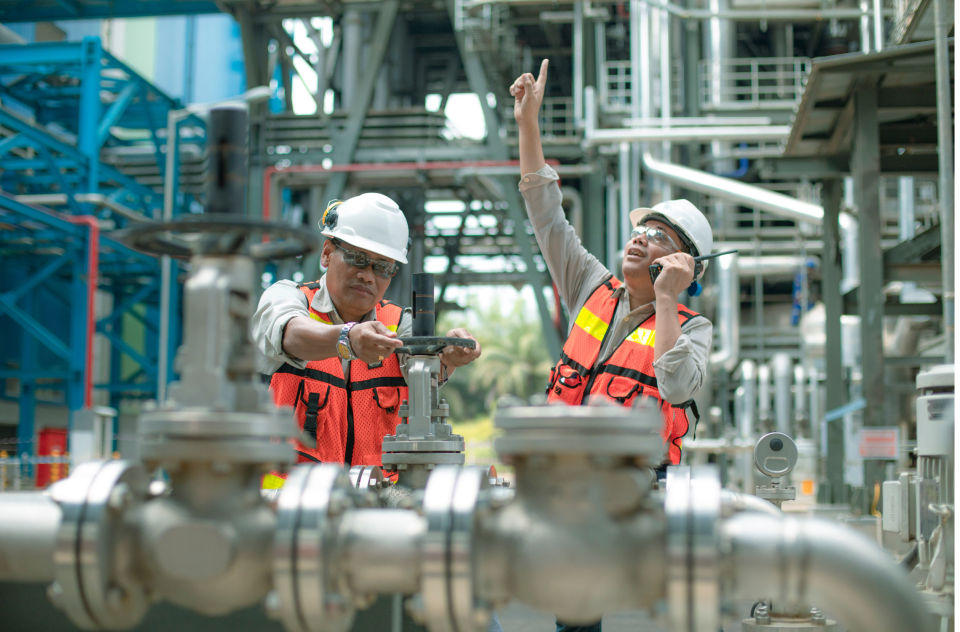
How Hydrogen Hubs Will Support Jobs
Applications for the Regional Clean Hydrogen Hubs (H2Hubs) program are due today, April 7, marking the start of proposal review after months of activity at the state and regional levels. This fall, the US Department of Energy (DOE) will select six to 10 hydrogen hubs that will provide the connective tissue for a national clean…
-

Bipartisan Hydrogen Infrastructure Initiative Reintroduced
March 2, 2023, Washington, DC – Today, Senators Chris Coons (D-DE) and John Cornyn (R-TX) reintroduced a package of four bills to support the adoption of hydrogen technologies in key end-use sectors, providing important demand-side support as the United States builds and scales its hydrogen economy. Read a summary of this package here. “Clean hydrogen…
-

Hydrogen Hubs: The State of Play
New investment at the federal level has created an unprecedented opportunity for federal agencies and state governments to work together on a shared vision for a domestic hydrogen economy. State and regional activity is ramping up to take advantage of near-term federal funding opportunities. As a versatile energy carrier with a diverse range of applications…
-

Clean Hydrogen Clusters Are a Key to Industrial Decarbonization
Clusters of hydrogen, industrial, and power facilities in the US could serve as launch points for deploying clean hydrogen, a versatile decarbonization solution for numerous sectors. Hydrogen can be used as a heat source in heavy industry applications, power vehicles like long-haul trucks, and heat buildings—all without emitting any carbon when burned. Key takeaways: Today,…
